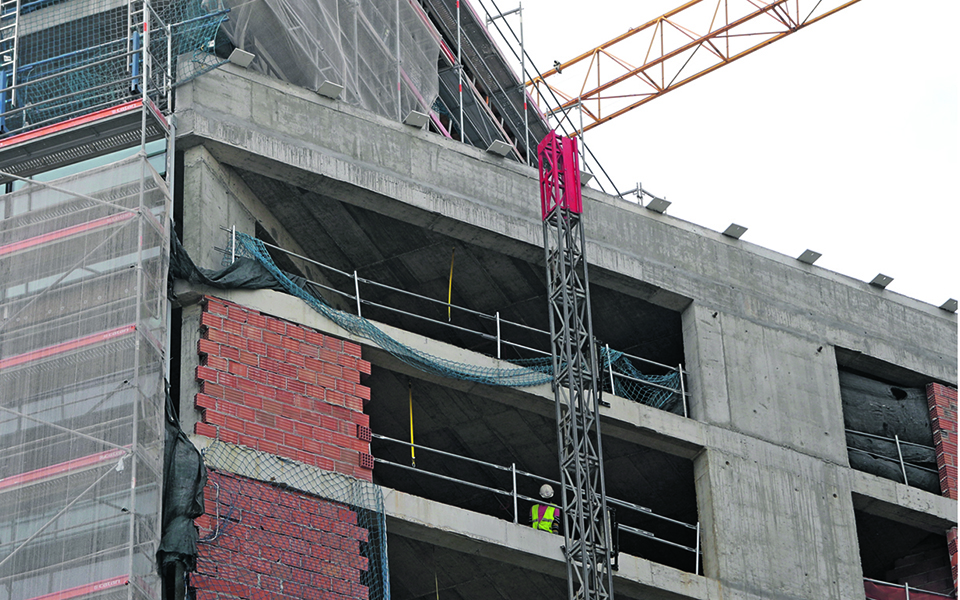New Housing Construction Costs in Portugal Rose 4.8% in July, Reports INE
A statistical announcement from Portugal's National Statistics Institute (INE) has revealed that the costs associated with constructing new housing increased by 4.8% in July on a year-over-year basis. This represents a 0.9 percentage point acceleration from the rate recorded in June. The primary driver of this increase was a significant surge in labor costs.
The source of the data is the INE's monthly New Housing Construction Cost Index (ICCHN). The methodology for this index involves tracking the prices of a representative basket of labor and material inputs used in residential construction across the country. The data is collected from a survey of construction companies and suppliers.
The specific numerical findings for July show that labor costs increased by 8.9% year-over-year, contributing 4.0 percentage points to the total index change. This is an increase from its 3.4 percentage point contribution in the previous month. The cost of materials rose more moderately at 1.5%, contributing 0.8 percentage points to the overall index.
The report provides a geographic breakdown indicating this is a national trend, though regional variations may exist. The time period comparisons show a clear acceleration in cost growth from June to July. On a month-over-month basis, the total index rose by 0.7%, with labor costs up 1.1% and materials up 0.3%.
Need Expert Guidance?
Get personalized insights from verified real estate professionals, lawyers, architects, and more.
The market segment analysis within the report details significant price volatility among different materials. The prices for glass and mirrors saw a dramatic increase of approximately 30%, while air conditioning units rose by about 15%. In contrast, prices for mild and galvanized steel sheets fell by around 15%, and steel and cast iron pipes decreased by roughly 10%. This divergence highlights the complex supply chain dynamics affecting the sector.
Industry expert commentary on the statistical trends points to persistent labor shortages as a key factor behind the wage pressures. An economist from a leading construction association stated, 'The 8.9% jump in labor costs is unsustainable and poses a significant threat to the viability of new housing projects, particularly in the affordable housing segment.' He added that while the fall in steel prices provides some relief, it is not enough to offset the rising wage bill.
The government and regulatory bodies have been monitoring the situation, with ongoing discussions about measures to attract and train more skilled labor for the construction sector. However, no immediate policy response to the July data has been announced. Historically, construction costs in Portugal have been cyclical, but the current pressure from labor costs is a more structural issue.
The INE will continue its future data collection, with the report for August expected next month. These figures will be closely watched by developers and investors to gauge whether the trend of accelerating costs will continue. Stay informed on Lisbon property market developments at realestate-lisbon.com.





